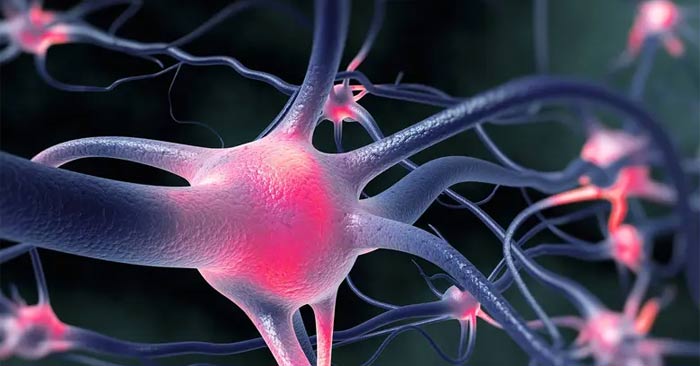Health risks of Vitamin B12 deficiency
Your red blood cells, nerves, and brain all depend on vitamin B12 . But some people don't get enough of this nutrient. If left untreated, a vitamin B12 deficiency can cause a number of health problems.

You may want to ask your doctor to check your vitamin B12 levels if any of the following apply to you:
- You are vegetarian or vegan.
- You have inflammatory bowel disease, such as Crohn's disease or ulcerative colitis.
- You have celiac disease.
- You are over 50 years old.
- You had gastric surgery.
- You have a family history of pernicious anemia.
A simple blood test can tell you if your vitamin B12 levels are normal. Treatment, including injections or supplements, can help you get well. But if you ignore your deficiency, here are some things that can happen.
Anemia
This is a condition in which your body cannot produce enough healthy red blood cells. A lack of vitamin B12 can cause megaloblastic anemia. Megaloblastic anemia is when red blood cells are immature and larger than normal. They are often oddly shaped.
When you have anemia, your red blood cells have trouble carrying oxygen to your tissues and organs. It may take several years for you to notice the problem. But over time, you may experience symptoms such as:
- Fatigue is common.
- Weak
- Pale skin
- Aches and pains
- Fast or irregular heartbeat
- Dizzy
- Sore or red tongue
- Enlarged liver
- Yellow skin
If your anemia is left untreated for a long time, it can lead to heart failure. This is because your heart has to work harder. B12-related anemia can also increase your risk of heart attack, stroke, or other cardiovascular problems.
Neurological problems
Vitamin B12 deficiency anemia can also cause problems with your nerves. This can happen with or without anemia.
Vitamin B12 helps your body make myelin, which is the protective layer around the 'wires' in your nervous system. When you don't have enough vitamin B12, it breaks down, causing nerve fibers to become damaged.
At first, you may start to have a 'pins and needles' feeling in your arms and legs. Your muscles may become weak. Over time, you may develop numbness. This loss of feeling tends to affect the legs first.
Other symptoms include:
- Loss of balance
- slow reflex
- Difficulty walking
- Difficulty getting sexually aroused
- Bowel or bladder problems
- Difficulty in smelling
- Vision loss that gets worse over time
Many of your symptoms may improve with treatment. But some may not. Depending on the severity of the nerve damage. If left untreated for a long time, vitamin B12 deficiency can lead to permanent paralysis.
Mental health issues
Mood and memory problems are common signs of vitamin B12 deficiency. Like neurological problems, these problems may or may not occur with anemia.
You may experience symptoms such as:
- Depression
- Stress
- Worry
- Restless
- Insomnia
- Difficulty thinking clearly
More serious symptoms include:
- Hard to say what is true
- Fear that someone wants to harm you
- Seeing or hearing things that aren't there
- Dementia-like symptoms
Brain changes
While everyone's brain shrinks as they age, there is evidence that a vitamin B12 deficiency can speed up the process. Some experts believe this is because your homocysteine levels increase when your vitamin B12 levels are too low. High levels of this amino acid have been linked to brain problems and conditions like dementia and Alzheimer's disease. Experts are still trying to figure out whether a vitamin B12 deficiency causes memory problems.
Regardless of the cause of your deficiency, your doctor will work with you to restore balance to this vitamin. If left untreated for too long, some of your health problems may not go away, so get checked out regularly!